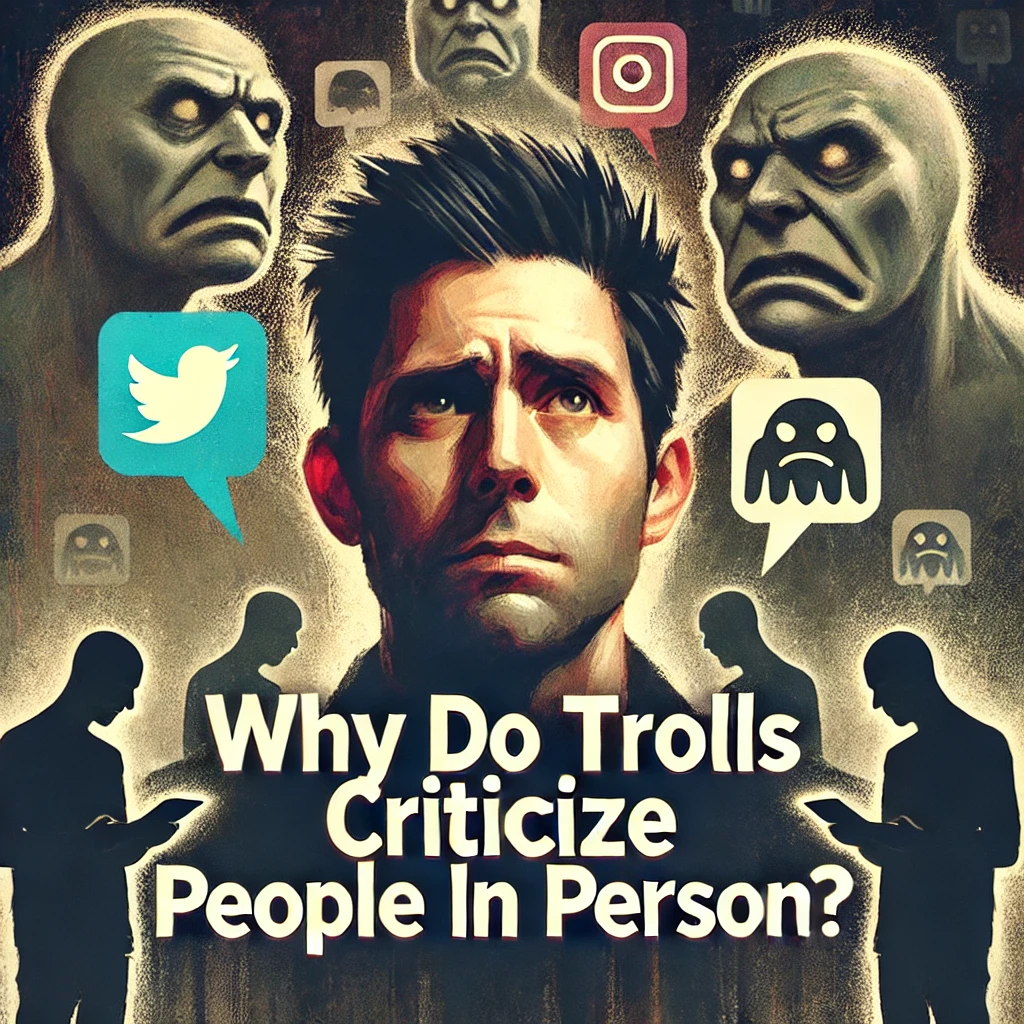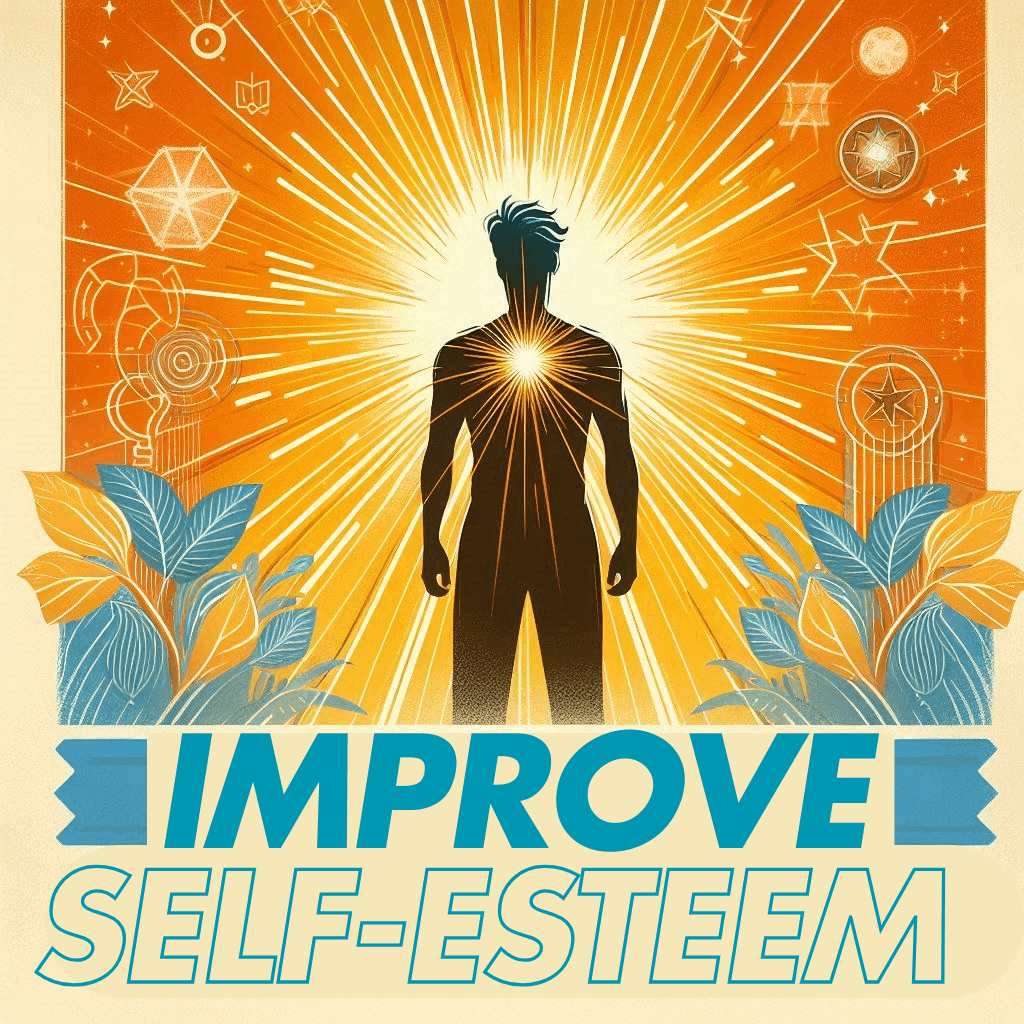Most people think of trolls as those online troublemakers who post rude comments or make mean jokes just to get a reaction. But trolling can also happen in real life, where a person criticizes, mocks, or tries to bring others down face-to-face. While online trolling might feel easier because of anonymity, some trolls don’t hide behind a screen and choose to criticize people in person. Why would anyone do this? To answer that, let’s explore what might make trolls act this way, and how they affect the people they target.
Understanding the Concept of a Troll
Trolling started on the internet and is usually when people purposely try to upset others by making fun of them or saying rude things. In real life, trolling looks a little different but follows the same idea—criticizing or teasing someone just to get a reaction.
Types of Trolling
Not all trolling is the same. Sometimes it’s harmless teasing or playful comments, but it becomes a problem when it’s constant and meant to hurt or embarrass someone.
How In-Person Trolling Is Different from Online Trolling
Online, trolls can hide behind fake names and don’t have to face the person they’re attacking. But in-person trolls have to look their target in the eye, which can make their criticism even more intense because it includes body language and tone of voice.
Psychological Reasons Behind In-Person Trolling
Attention-Seeking
Many trolls crave attention and don’t care if it’s positive or negative. Criticizing someone face-to-face can be a quick way to get noticed. They enjoy seeing people react to them and feeling like they’re at the center of attention, even if it’s for a negative reason.
Insecurity and Low Self-Esteem
Sometimes, trolls don’t feel good about themselves, so they put others down to feel better. By pointing out flaws in others, they might feel like they have fewer of their own. In-person criticism gives them a sense of control over how they feel.
Lack of Empathy
Empathy is the ability to understand and care about how someone else feels. Some trolls lack this and don’t feel bad about upsetting others. Without empathy, they may not even realize how their criticism can hurt or make someone feel uncomfortable.
Thrill of Getting a Reaction
For some trolls, it’s simply fun to see how people react. They enjoy the thrill of confrontation and find it exciting to see how much they can upset someone. In-person trolling adds an extra layer of excitement because they can directly see the impact of their words.
Social and Environmental Reasons for Troll Behavior
Group Dynamics and Peer Pressure
Sometimes, trolls act mean because they’re with a group of people who support or even encourage this behavior. It’s often easier to criticize someone when others are watching or doing the same thing, which can make the troll feel more powerful and justified in their actions.
Trends of Confrontation in Society
Society is becoming more open to confronting people, whether on TV, in movies, or on social media. This attitude can encourage trolls to feel that criticism and conflict are normal, making it easier for them to act this way in real life.
Need for Control or Power
Criticizing others can make a troll feel powerful and in control. In situations where they feel insecure or not in control of their lives, putting others down can be a way to feel stronger or more important.
Effects of In-Person Trolling on Victims
Emotional Impact
When someone criticizes you to your face, it can feel very personal. Being a victim of in-person trolling can cause stress, sadness, or even self-doubt, especially when it happens repeatedly.
Mental Health Effects
If someone faces this kind of criticism regularly, it can lead to more serious problems, like anxiety, low self-esteem, or feeling isolated. Constant trolling can affect a person’s confidence and make them feel like they’re never good enough.
Impact on Self-Image
Trolls who constantly criticize someone might cause that person to question their self-worth. This is especially harmful if the victim starts believing the negative things the troll says about them, which can harm their self-image and confidence over time.
How to Deal with In-Person Trolls
Stay Calm and Don’t React
When a troll criticizes you in person, try not to react emotionally. Staying calm shows the troll that their words don’t bother you as much as they hoped, which can make them lose interest.
Set Clear Boundaries
If someone repeatedly criticizes you, set boundaries by telling them you don’t appreciate it. Let them know their behavior is not acceptable, which can make them think twice before doing it again.
Use Humor to Defuse the Situation
Sometimes, a light-hearted response or a joke can throw a troll off track. Using humor can take the sting out of their words and show that you’re not taking their criticism too seriously.Dealing with Criticism
Seek Support from Friends or Family
If a troll’s behavior is affecting you, talk to people you trust, like friends or family. They can offer support, advice, and a reminder that you don’t have to deal with this alone.
Conclusion
Trolls criticize others in person for many reasons: they might be seeking attention, hiding their own insecurities, or enjoying the thrill of seeing a reaction. Whatever the reason, it’s important to remember that their behavior reflects their own issues more than it does yours. Dealing with in-person trolling can be challenging, but by staying calm, setting boundaries, and seeking support, you can manage these encounters in a way that protects your well-being. Remember, you don’t have to take their criticism to heart—it’s often just a way for them to feel better about themselves.
Frequent Asking Questions (FAQs)
Do trolls feel bad about hurting others?
Many trolls lack empathy, which makes it easier for them to hurt others without feeling remorse. However, some trolls may not even realize the full impact of their words and actions, as they’re more focused on getting attention or a reaction.
Is there a way to stop someone from trolling me in person?
Setting boundaries can help. Let the person know that their criticism is not welcome and calmly express that their behavior is inappropriate. In some cases, addressing the behavior directly or removing yourself from situations where they have access to you can minimize trolling.
How can I handle criticism from a troll in person?
Stay calm and try not to react emotionally, as this often reduces the troll’s satisfaction. Setting clear boundaries, using humor to deflect their comments, or seeking support from friends and family can help you cope. Don’t let their words affect your self-worth—they usually say more about them than about you.
Can humor really help deal with a troll?
Yes, humor can be a powerful tool. When you respond to a troll with humor, it often throws them off and makes their comments feel less serious. It shows that you’re not taking their criticism to heart, which may make them less interested in trying to provoke you.
Found this helpful? Don’t miss out on our other great articles!



